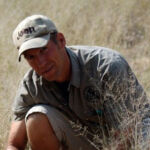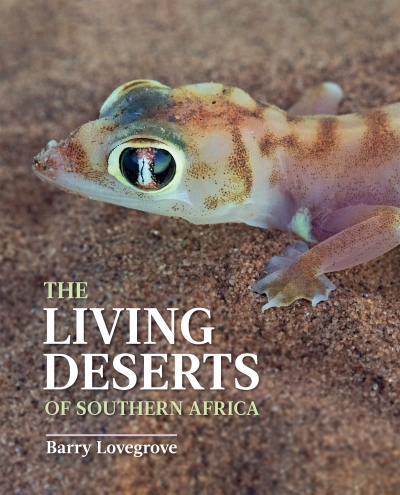PEOPLE • PLACES • PLANET
To match the scale, magnitude and urgency of environmental issues emerging worldwide, OGRC has partnered with the Global Change Institute (GCI) at the University of Witwatersrand and the Global Systems Institute (GSI) at the University of Exeter to develop an integrated, impactful portfolio for ecosystem scale research in Africa.
The programme will confront environmental degradation in Africa and explore avenues for maintaining resilient ecosystems under varying levels of human utilisation. A key component of this research is the construction of a framework for prioritising ecosystem interventions in Africa, including what to protect and what to rehabilitate. Key issues include the economics of degradation, the definition of degradation and environmental and social justice.
Led by the University of Exeter in partnership with the University of the Witwatersrand, OPALS seeks to create long-term benefits to landscape understanding and management against a background of rapid environmental change.
Through funding, mentorship, and postgraduate training at the University of Exeter followed by placements with partner organizations, the programme will empower a cohort of African individuals, known as “Oppenheimer Impact Scholars”, with the expertise, experience, and networks at the interface of research and application to address some of the most pressing environmental challenges facing the continent. Research is designed around four cross-cutting themes: accessing and using environmental information for sustainable land management, modelling resilience in African landscape systems, supporting adaptation in African agricultural systems and supporting coastal adaptation.
Jennifer Ward Oppenheimer Research Grant
In partnership with Oppenheimer Generations Philanthropies, OGRC facilitates the awarding the Jennifer Ward Oppenheimer Research Grant. This research grant enables an early career African scientist with strong links to credible African institutions to undertake research that addresses real-world African issues of current and future importance. A grant of U.S.$150,000 is awarded every year to a new applicant to support a research project for up to three years.
Research Chairs
Professor Andre Ganswindt

Professor Paul Lane

Dr Riaan Rifkin

Dr Riaan Rifkin is the Oppenheimer Chair of Molecular Archaeology at the Centre for Microbial Ecology and Genomics, University of Pretoria. Rifkin’s interdisciplinary work spans anthropology, genetics and evolution, and focuses on the role of our historical relationship with pathogens in human evolution, migration and cultural adaptation to environment. Current research topics include reconstructing the original human disease profile through the examination of ancient DNA, and the impact of medication and Western diet on gut microbiome health in San communities. Honours and postgraduate studentships, and post docs are also supported through the Chair.
Books

The Living Deserts of Southern Africa
Southern African deserts are far from barren. These landscapes teem with endemic life specially adapted to cope with the dynamic extremes of desert environments. In 2020 OGRC partnered with Dr Barry Lovegrove, University of KwaZulu-Natal Professor Emeritus and esteemed evolutionary physiologist, to revisit these places and examine how climate change is changing their ecosystems since the first edition of “The Living Deserts of Southern Africa” was published in 1993.








